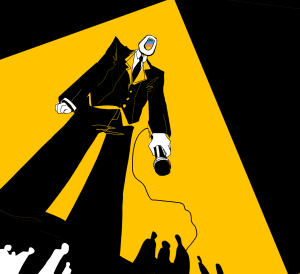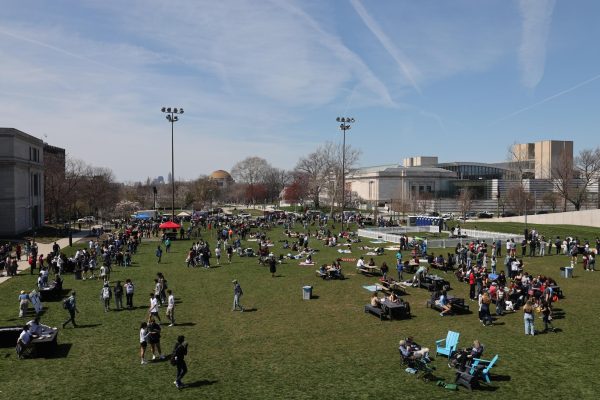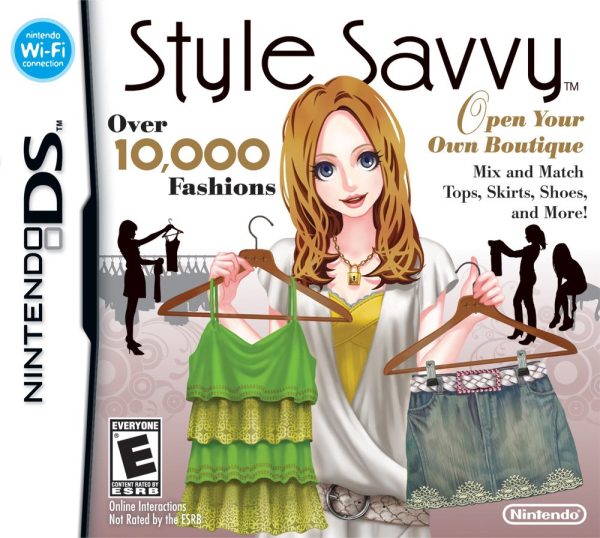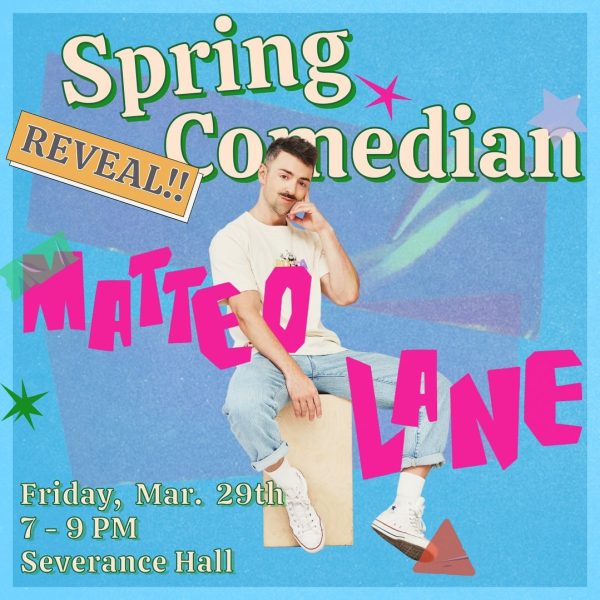Mistry: Does CWRU need a neuroscience major?
February 1, 2019
Since arriving at Case Western Reserve University, I’ve been interested in neuroscience. However, unlike many of its peer institutions, CWRU lacks an undergraduate neuroscience major, leaving myself and others wishing to study neuroscience in a bit of a pickle.
Most of us choose to split our time between the cognitive science and biology departments, and if they are feeling particularly interested, they major in both, as I have done. Since fall 2015, I’ve heard rumblings about a campus appetite for a neuroscience major. It’s been discussed by the biology department a few times, and several faculty members have expressed interest in it.
Back in October 2018, the Provost’s survey for the Strategic Planning Process found that neuroscience was one of the two most commonly requested new majors. Recently, I heard from some professors that a faculty committee with several members of the College of Arts and Sciences’ biology department and the School of Medicine’s neurosciences department has been formed to finally shape out an undergraduate neuroscience major. All of these developments overlook a bigger question: does CWRU need a neuroscience major?
I feel particularly interested in this question because I am currently interviewing for Ph.D. programs in neuroscience. Obviously, I will never get to pursue this major, as I graduate this May. Meanwhile, I don’t know what I would have done if a neuroscience major had been available to me from the day I arrived at CWRU. I know the choices I made were limited by the options I had.
I can say that as someone who plans to go to graduate school for neuroscience and to pursue neuroscience research for many years to come, I have not felt underprepared simply because my major was not called “neuroscience.” I took every course on the brain that I could, ranging from courses on neurobiology, cognitive science, psychology and the philosophy of the mind. From this curriculum I learned a vast array of perspectives to modern neuroscience. I have been able to work in a lab at the medical school that focuses on neurophysiology for over two years, and was blessed with the opportunity to present my research at the Society for Neuroscience annual conference in San Diego last year.
During my interviews for graduate school, faculty were far more interested in the work I’ve done and the courses I’ve taken, the skills I’ve learned and the perspective I bring, than what my major was. Most of the prospective candidates I’ve met at these interviews were in the same position as me.
However, a neuroscience major could still bring benefits. Between the biology and cognitive science departments, we only cover some of the many aspects of neuroscience. Fields like neurophysiology, neurodegenerative diseases and behavioral and social neuroscience lack representation at an undergraduate level. A neuroscience major could possibly result in new classes for undergraduates created in conjunction between the biology and neurosciences departments. With a specific major advisor and program director, students looking to pursue neuroscience would have more resources to approach the complicated field.
I’ve also been told that this new major would seek to develop and require the same sort of breadth of perspectives that I had to intentionally seek out during my time here. And of course, it is fully possible that more prospective high schoolers would consider CWRU if it had a dedicated neuroscience undergraduate program.
I’m of two minds on this. I see its values, and I understand why the university is considering developing this major. Yet, I worry it has the potential to pigeonhole students from a very early point in their undergraduate academic career and could restrict their ability to do what our university motto promises, to “think beyond the possible.” I personally would recommend that neuroscience be offered as a concentration or track within the biology major, similar to the biomedical engineering program.
Ultimately, I have no skin in this game because I will graduate long before this major might be adopted. For my younger peers here at CWRU who could potentially pursue this major, do not allow this to close doors you haven’t even approached yet. I very strongly believe that your undergraduate career should be an opportunity for you to approach previously unconsidered subjects and to develop both your intellect and your humanity.
You are not defined by your major.
Viral Mistry is a fourth-year biology and cognitive science double major who is also minoring in chemistry, history and philosophy. He wears many figurative hats around campus, but if you ever see him, you can guarantee he’d rather be in bed reading a good book.























